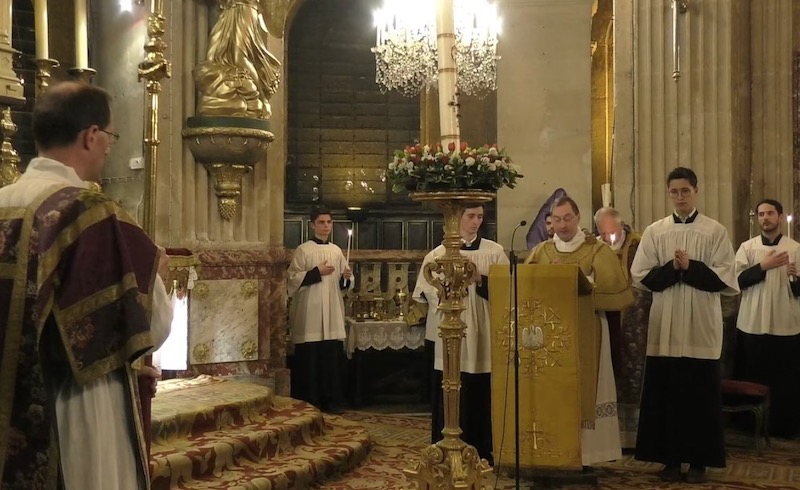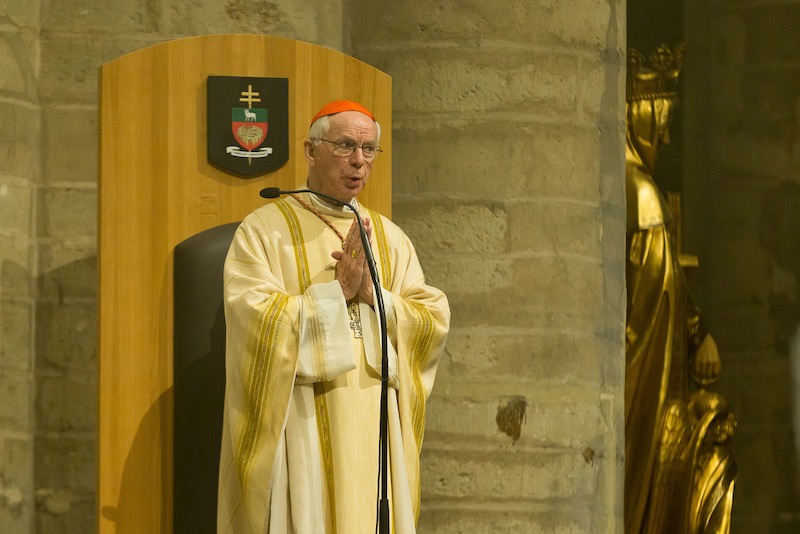Belgian Cardinal Jozef De Kesel has temporarily delegated his responsibilities as head of both the archdiocese of Mechelen-Brussels and the Belgian bishops’ conference while he undergoes treatment for an undisclosed illness.
A terse statement on 14 April by the bishops’ conference said De Kesel, 73, “is currently suffering from health problems. It is not a coronavirus infection. Due to the proposed medical treatment just started, the cardinal will not be able to continue performing his duties for a few weeks."
It added the cardinal “started his medical treatment with confidence”.
De Kesel took over the Brussels archdiocese in 2015 and the bishops’ conference the following year, when he was also created a cardinal.
The archdiocese has three auxiliary bishops: one for its Flemish-speaking areas, one for francophone areas and one for the federal capital Brussels. They have taken over his duties at Belgium's primatial see.
The two vice presidents of the episcopal conference, Tournai Bishop Guy Harpigny and Antwerp Bishop Johan Bonny, and its secretary general, have replaced him there.
In a statement on the coronavirus last month, De Kesel said it “places us before an obvious fact: we are and remain fragile beings, not only here or there, but all over the world.”
Belgium ranks sixth worldwide in total deaths from coronavirus, with 5,683 as of Monday 20 April, and more than 38,000 confirmed infections. Many deaths have occurred in care homes for the elderly. Critics have accused the federal and regional governments of reacting slowly to the pandemic.
De Kesel was among eight Belgian religious leaders who signed a joint communique in early April expressing sympathy for the dead, the infected and their families, thanking medical personnel for their devotion and urging interfaith solidarity.
“We thought that such events could no longer happen, perhaps once and probably elsewhere but surely not in a developed society like ours,” it said. “We have to keep our distance, but that can't keep us from staying united more than ever. Through our cultural and religious diversity, our humanity binds us deeply to each other.”
The communique expressed hope that these lessons learned during the crisis would not be forgotten. “Those who forget increase their fragility,” it said. “Once the crisis is over, may we remember that in our diversities, we need each other. Let's look for new forms of hospitality, fraternity and solidarity.”
Churches, mosques and synagogues remain open in Belgium but public services are still banned.



 Loading ...
Loading ...